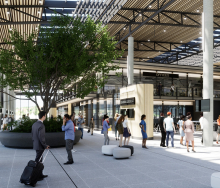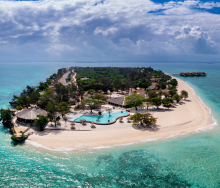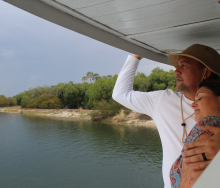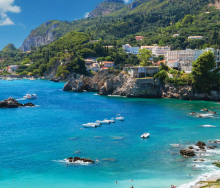While the National Coronavirus Command Council (NCCC) meeting regarding the opening of travel between borders for leisure has been delayed another day, the tourism sector has warned of the dire consequences of not opening interprovincial leisure tourism.
The council was expected to meet on Monday (June 30) to provide clarification on when leisure travel between provinces will be allowed. This was pushed out by a day (July 1), but did not take place.
“It is over 100 days since the lockdown started and over R68bn worth of travel and tourism spend has been lost. The end of June marked the last month that the Unemployment Insurance Fund (UIF) will pay workers their COVID-19 TERS relief benefits. Insurance companies refuse to pay businesses for losses related to the COVID-19 lockdown, even though they are insured against business interruption,” says Tourism Business Council of South Africa (TBCSA) ceo, Tshifhiwa Tshivhengwa.
Domestic interprovincial leisure travel could save thousands of travel, tourism and hospitality jobs. However, the government has stood by its decision not to reopen the industry, he says.
TBCSA is therefore making an urgent call to government to hear the plea of the sector and reopen domestic interprovincial leisure travel immediately, thereby significantly reducing the number of retrenchments across the sector, says Tshifhiwa.
“If government does not open interprovincial leisure travel this week, mass retrenchments will start within the sector. This will be further propelled by the UIF TERS benefit coming to an end and insurance companies refusing to pay legitimate claims. Interprovincial travel will bring hope to the industry and mitigate mass retrenchments.”
The industry loses R748 million every day as the tourism sector remains in lockdown. The TBCSA estimates a loss of 600 000 jobs if the sector remains closed with knock-on effects in other sectors. Roughly 49 000 SMMEs have already been negatively affected and many have already permanently closed shop.
“We developed protocols to mitigate the spread of COVID-19 across the entire tourism value chain and these have been accepted. The next steps that are taken by the tourism industry should reflect this and our readiness to reopen the industry. Interprovincial leisure travellers, similar to business travellers, have a significant contribution to make to the country’s tourism, and we should therefore be allowed to receive them,” says Tshifhiwa.
StatsSA’s domestic tourism survey indicated that 60% of all domestic overnight trips are across provincial borders, and 70% for trips from Gauteng. Many accommodation businesses in surrounding provinces rely entirely on Gauteng outbound domestic travel for their business.
The TBCSA believes that the tourism attractions’ protocols are comprehensive and sufficient to mitigate the spread of the virus and should serve as a guide to ensure that safety and hygiene practices are put in place and practised in all tourism-related businesses and functions, says Tshifhiwa.
“Provincial boundaries are an artificial construct when it comes to restricting travel; some people can travel 10 km and cross a provincial boundary, while others can travel 300 or more kilometres away from home in one direction and not cross a provincial boundary.
“Interprovincial travel is already allowed for work and business travel, study, funerals, and care of vulnerable people purposes. If such categories of people can travel safely by whatever mode across provincial boundaries, so too can leisure tourists,” says Tshifhiwa.














